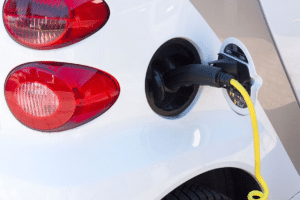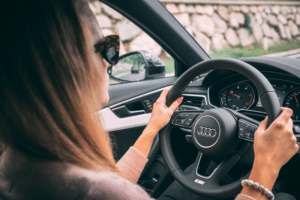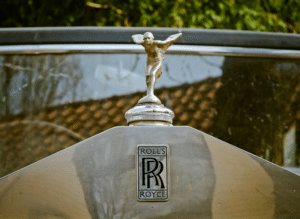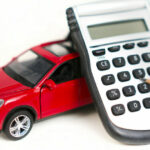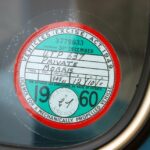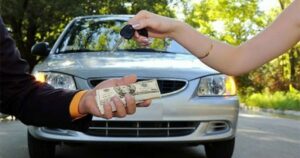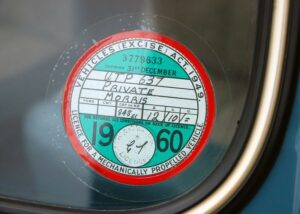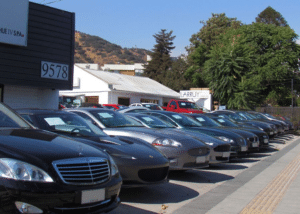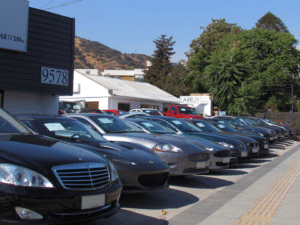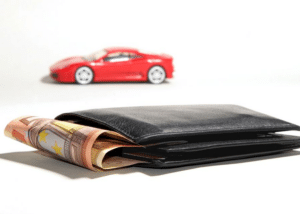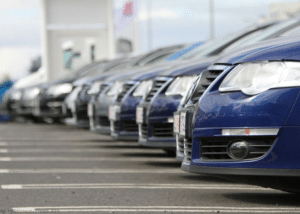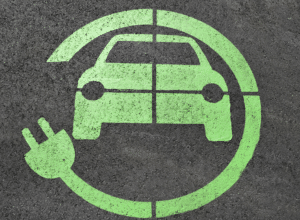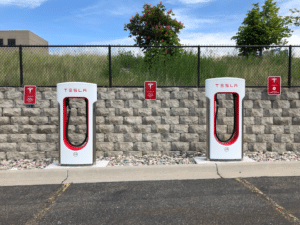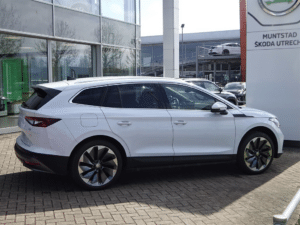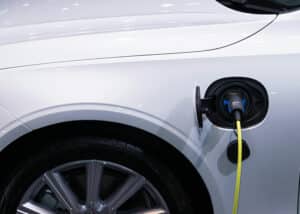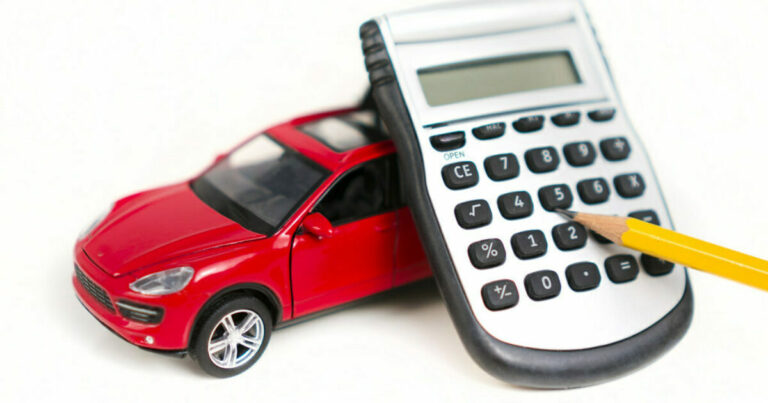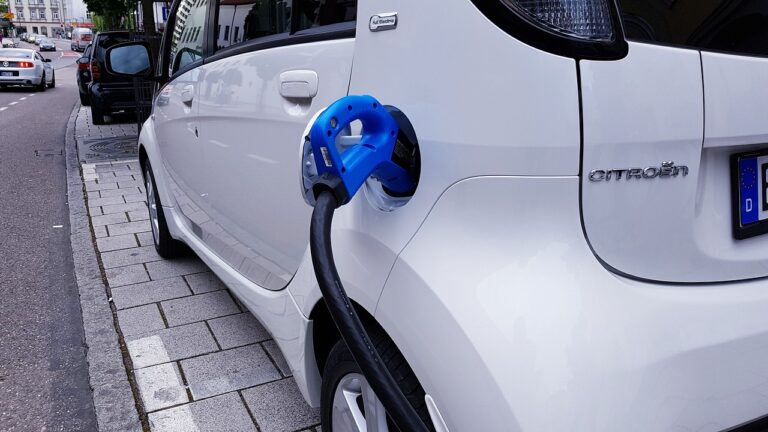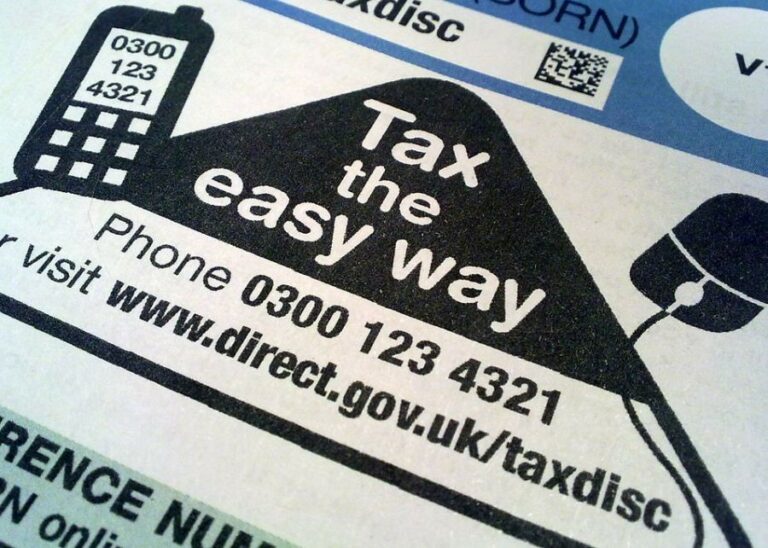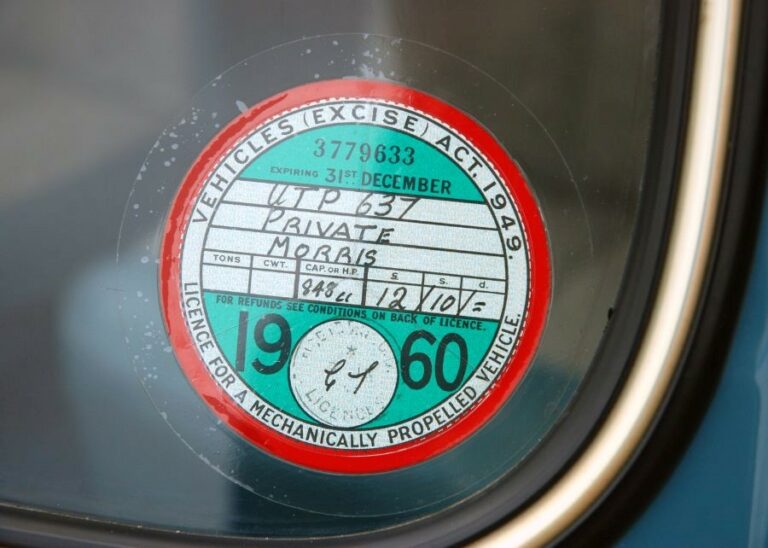Buying a car is an exciting experience, but before you get carried away, it’s crucially important that you know exactly which questions to ask so that you have all the information that you need. Whether you’re buying it for yourself or a friend, from a dealership or a private buyer, the car buying process can be a daunting task and with lots of added pressure for first-time drivers, it’s worthwhile having the opportunity to sniff out any problems and not being afraid to ask any questions that may help your decision making as to whether you choose to buy.
Here’s our secondhand car checklist below that lists the questions you need to ask before buying a second-hand car:
1. Can the car be legally sold?
If a car is subject to outstanding finance then it cannot legally be sold as this means that the car isn’t wholly owned by the seller. Asking this question is very important and in our opinion, it should be one of your first. If you take ownership of a vehicle that has outstanding finance, there’s a possibility that later down the line that the car could be seized from you.
2. Does the car have a service history?
A car’s service history can vary, depending on its age and value and not all older cars will have a service history. Any history is worth having, so even if you are able to see a maintenance record of some description or any receipts for any work that has been carried out on the car, this will give you a good indication as to how well a car has been looked after.
3. Does the car have a current MOT?
If you’re looking to purchase a car that is more than three years old then you’ll need to check whether the car has a current MOT. If you’re looking to purchase a car that doesn’t have an MOT, then you should question why this may be. Perhaps if a car is roadworthy, but doesn’t have a current MOT, then you could request that the seller take it for an MOT before you considering purchasing the car.
4. Why are you selling the car?
This is a fantastic question to ask the seller. If the seller’s advertisement is so good and it’s such a great car, then, of course, you should ask the seller why they wish to get rid of it. Asking this question may put the seller on the spot, even though they may actually have a legitimate reason for selling. If someone is trying to deceive you, then by asking this question you may be able to catch them out.
5. How many miles are on the clock?
Mileage is an important factor and one of the main questions that you should ask yourself is whether the car’s mileage corresponds with its age and appearance. If the car was owned by an elderly person who rarely used the car, once a week maybe, yet they have racked up the miles, then you should beware and cautious of purchasing this vehicle. If in doubt, the best thing you can do is check its mileage history by looking up its MOT history.
6. Is the logbook present?
If the seller of the car cannot produce the car’s documents (V5C) promptly, then this is something you should be wary of. Do not accept copies of the V5C document, make sure that you ask to see the original document, as well as original MOT certificates. Even if the seller has misplaced the registration certificate, they should have contacted the DVLA for a replacement, so keep this in mind.
7. Is the seller the registered keeper?
It’s important to check that you are buying the car from its registered keeper as if not, the car could belong to anyone. If a car is being offered for sale on behalf of another person, then approach with caution as there could be questions that you have, which may not be able to be answered, and if it later transpires that the seller did not authorize the sale of their vehicle, then there could be legal complications later down the line.
8. Has the car ever been in a crash?
When checking the vehicle over, make sure that you are thorough with your observations. Check the paintwork, does it look like there have been any repairs? Ask the seller whether the car has ever been in an accident, however, it’s highly unlikely that the seller will tell you that the car is falling apart. If the seller is honest with you and informs you that there are some general wear and tear and that the car has been patched up, this can help you with your decision-making and may also affect the price in which you’re willing to pay.
If you decide to go ahead and purchase a secondhand car, it can be a tough decision when it comes to deciding whether or not to sell your used car or scrap it. Depending on how old your car is may depend on whether scrapping it is the only option or whether it’s worth selling your car. If you find yourself stuck, check out our guidance page to help you decide whether you should scrap your car or sell it.
9. Get an online car check
After asking all these questions you’re going to want to make sure you perform an online check. These online tools let you enter the reg number of the car so that you can find out a little more about it. Once you enter your reg number, you’ll see when the MOT is due, when it failed an MOT, and what kind of tax you can expect to pay. This is just the basic information, but if you pay a small fee you can expect to find out any hidden information like if the car has any existing finance or if it’s been stolen. This will help to make sure that you’re not being scammed by the seller so that you can be sure you’re buying the right car.
We’d recommend you can use services like Rapid Car Check or The AA to make sure that you know all the facts before buying a car.



















